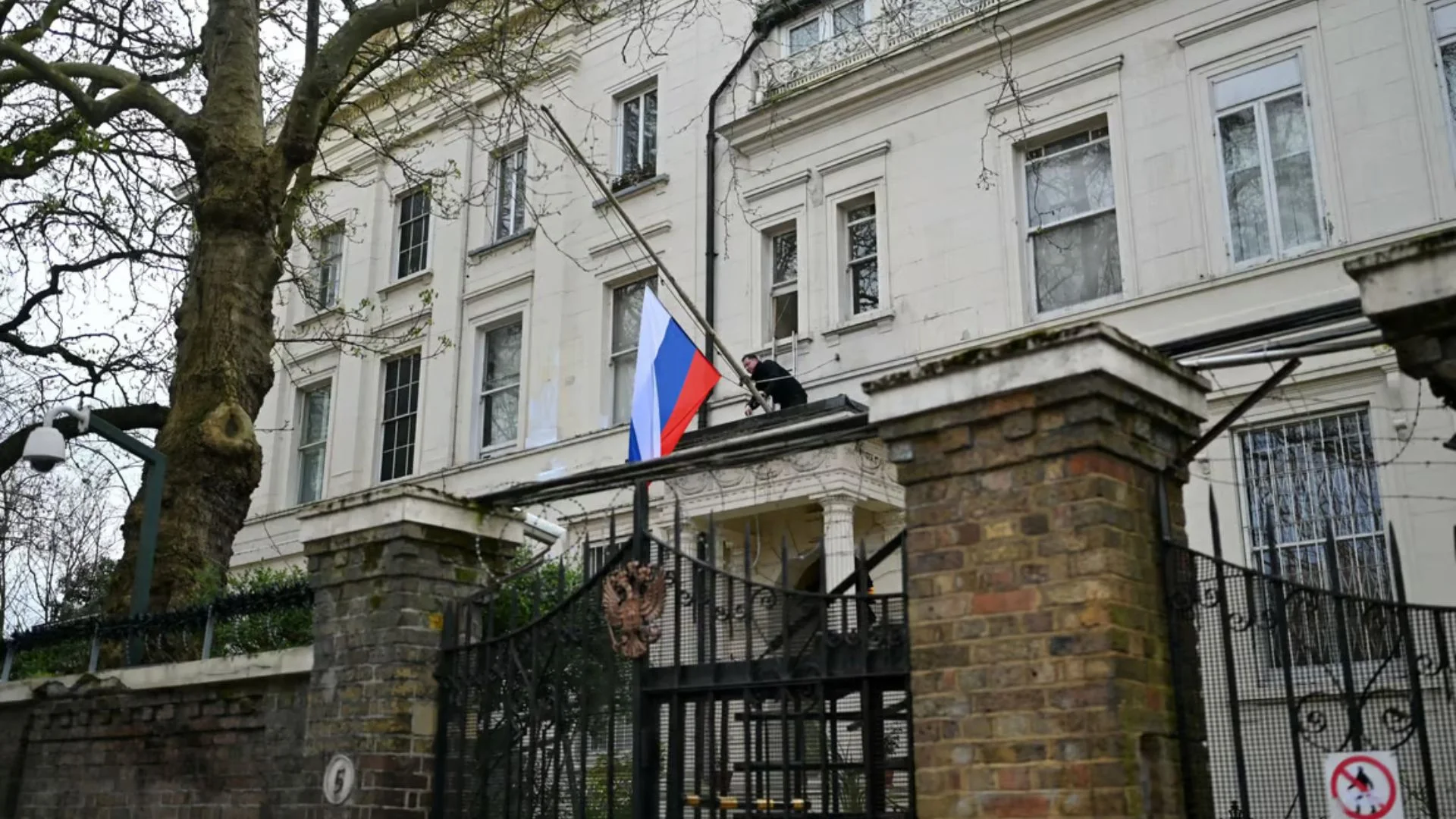Counterfeiting is a longstanding issue in global economies, including India, undermining trust in brands and posing risks to consumers and businesses. However, digital innovations have emerged as powerful tools in this battle, aided by India’s Digital India initiative, which has connected over half a billion users. The Country Digital Adoption Index showcases India’s remarkable 90% increase in its digital score since 2014, indicating significant progress towards a digitally empowered society. With increased internet usage and affordable smartphones, digital platforms offer an ideal environment for raising awareness about counterfeit goods and educating consumers.
Collaboration between the public and private sectors is crucial in leveraging technology to combat counterfeiting. By employing blockchain, RFID, and artificial intelligence, robust authentication systems can be established throughout supply chains. Blockchain, especially, enables transparent and tamper-proof supply networks. RFID tags and smartphone applications with AI-powered image recognition facilitate real-time tracking and authentication of goods, empowering consumers to make informed decisions.
Government initiatives such as the Goods and Services Tax (GST) and unique product identification numbers streamline supply chains and enhance traceability, making it harder for counterfeiters to operate. Stringent regulations and enforcement mechanisms by the Ministry of Commerce and Industry and the Department for Promotion of Industry and Internal Trade contribute to a more transparent marketplace. Collaboration with international organizations like INTERPOL and the World Customs Organization aids in combating cross-border counterfeiting.
Industry collaboration is essential for sharing best practices and investing in anti-counterfeiting technologies. However, challenges like ensuring widespread adoption of digital authentication, addressing infrastructure limitations, and mitigating cybersecurity risks persist. Continuous research and innovation are needed to stay ahead of counterfeiters’ tactics.
Investing in research and development, fostering collaboration between government, industry, and academia, and empowering consumers with knowledge and tools are crucial steps towards building a resilient and counterfeit-free economy in India.
The author is the President at Authentication Solution Providers’ Association.























